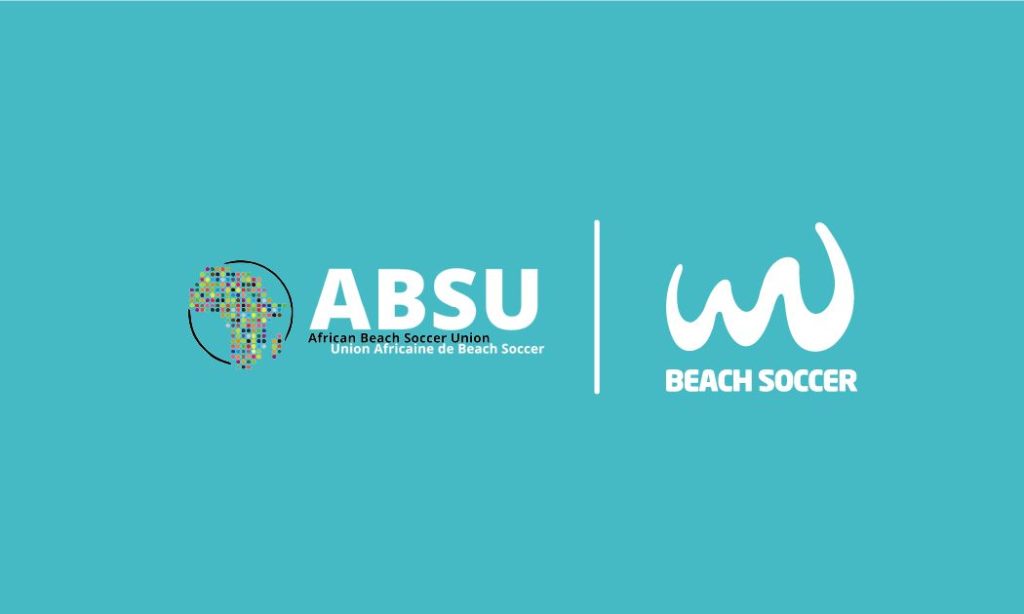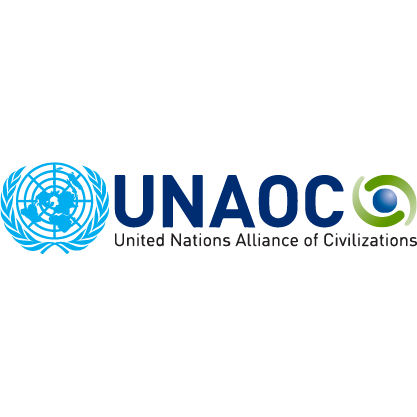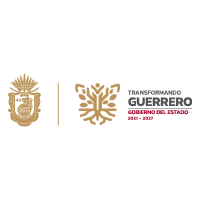Takuya Akaguma has been a key player for Japan in Asuncion
To say that Japan head coach Ruy Ramos is enthusiastic would be a severe understatement.
Whether he is on the sidelines of the sand pitch or up in the stands (after being instructed by the match officials to go there), the roar of his voice can be heard by anyone inside Los Pynandi World Cup Stadium.
He is not yelling at his players for the pure enjoyment of it, either; there is a clear purpose. Exhibit A: Takuya Akaguma.
Japan’s towering pivot player hailing from Fukuouka prefecture has been immense for Ramos’s squad from the first whistle in Asuncion.
“He’s scoring the goals that I told him to score, but not only this,” Ramos told FIFA.com after Japan sealed a place in the quarter-finals. “I want my pivot not only to score but to help the team play, to move and this is what he’s doing now.”
When Ramos came back into the fold as coach of the team, he discovered an Akaguma low on confidence.
“The Japanese get easily satisfied of what they’ve achieved,’ Ramos said. “They win one time, two times, and for them that’s enough. For me, it’s not enough. So I told him, ‘If you’re going to lose, lose for you. But I want to keep winning.’ I pushed him and he improved a lot.”
Akaguma’s importance is perfectly illustrated by what he did in their first Group A match against hosts Paraguay on opening night. With one second left in regulation time and the score level at 4-4, Akaguma intelligently manoeuvred his way from his marker and headed in Ozu Moreira’s corner kick with less than a second left on the clock; you do not do that if you are low on confidence.
“I tell him to first go and score the goals you have to score for the team, but then you also have to play for the team and to move,” Ramos said. “I challenge him to move tactically a little bit, so he can help the team. So Akaguma is giving a lot to the team because he’s not only scoring goals but also moving for the team.”
That last-second goal against the hosts happened to be on Akaguma’s 30th birthday. He celebrated back at the hotel alongside his team-mates with some cake and a new pair of headphones.
Akaguma’s rise is a microcosm of Japan’s improvement in general. Having been knocked out after the group stage in the Bahamas two years ago, they look a completely different side here, and Ramos will not be taking his foot off the pedal anytime soon.
“I will say the things that I say,” Ramos said. “I will push the players. I sometimes use tough language, but I do it because I want them to win because it means that they will collect the fruit in the future.”
Next up for Japan? A quarter-final meeting with Uruguay, another team hungry to make history.
“Whoever we play, if they beat us, it’ll be because they’re better than us, not because we made their life easier. We will not lose ourselves, we will force the other team to beat us. We won’t make it easy.”
Source: FIFA.com
Photo: Getty Images







































